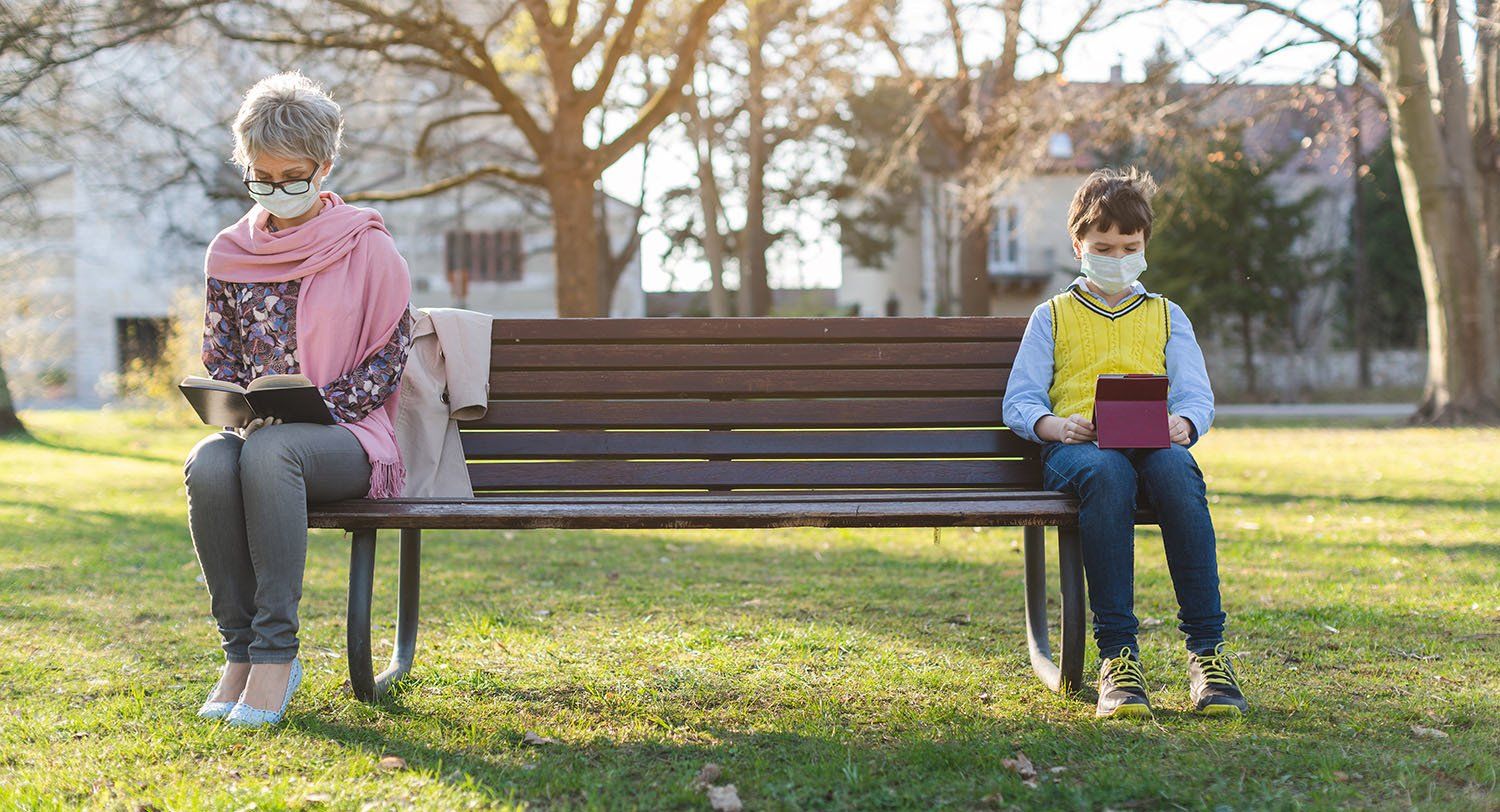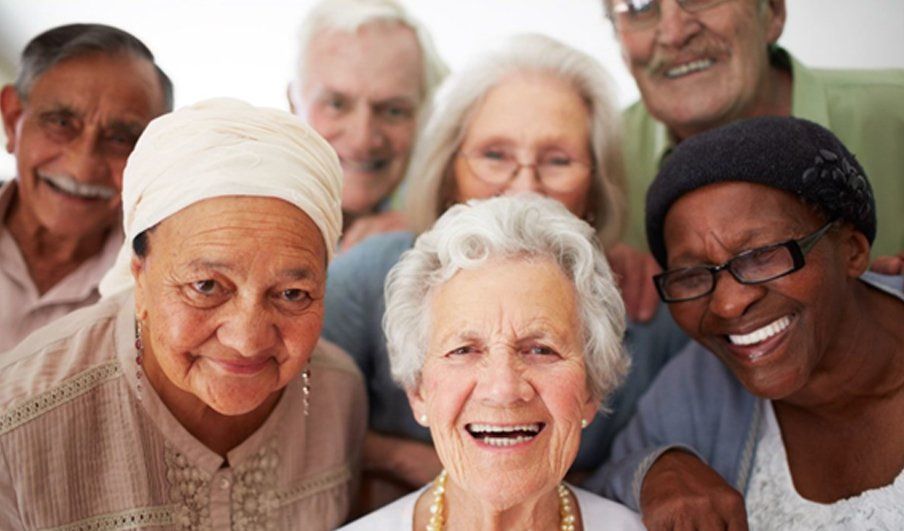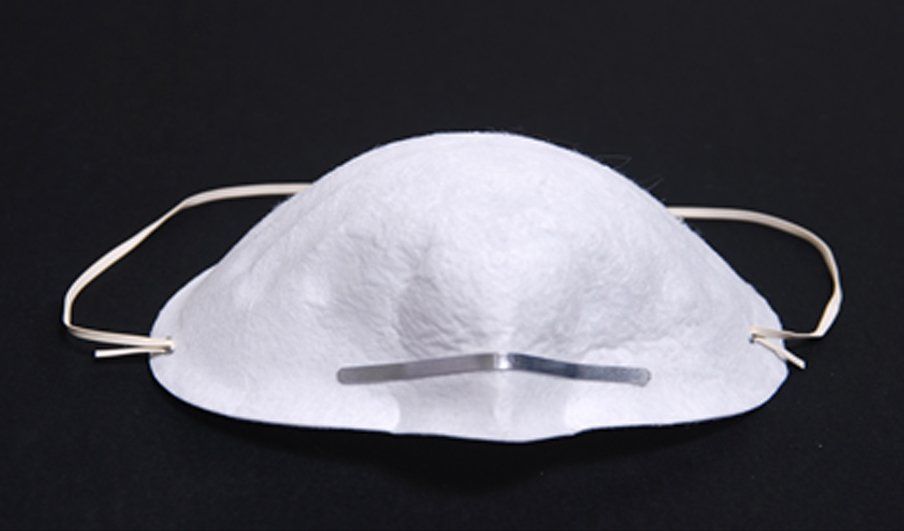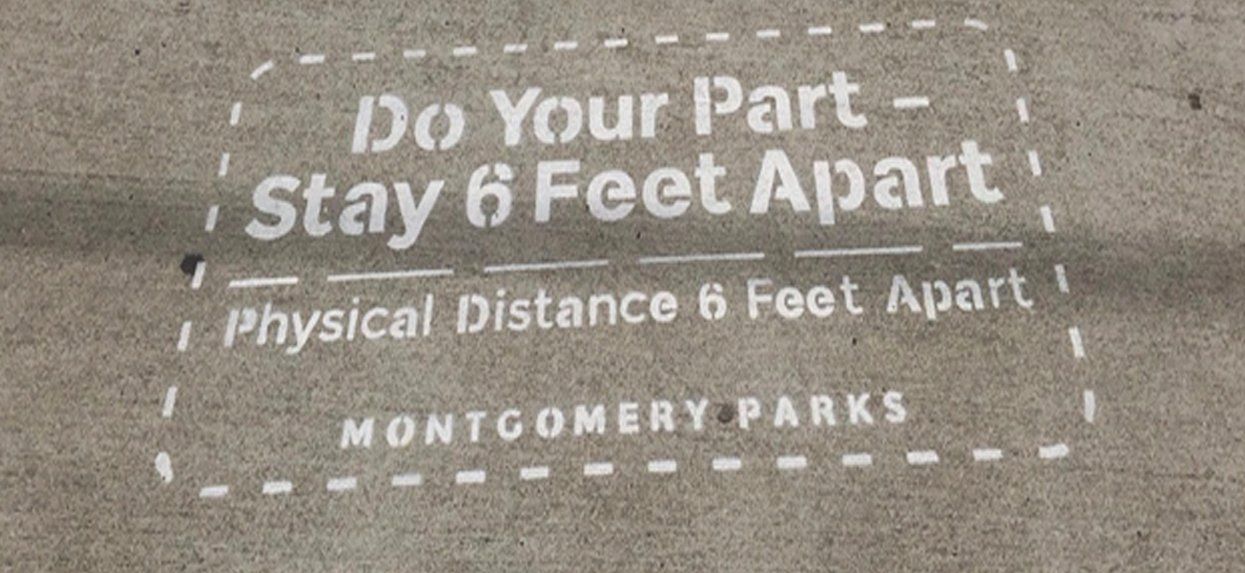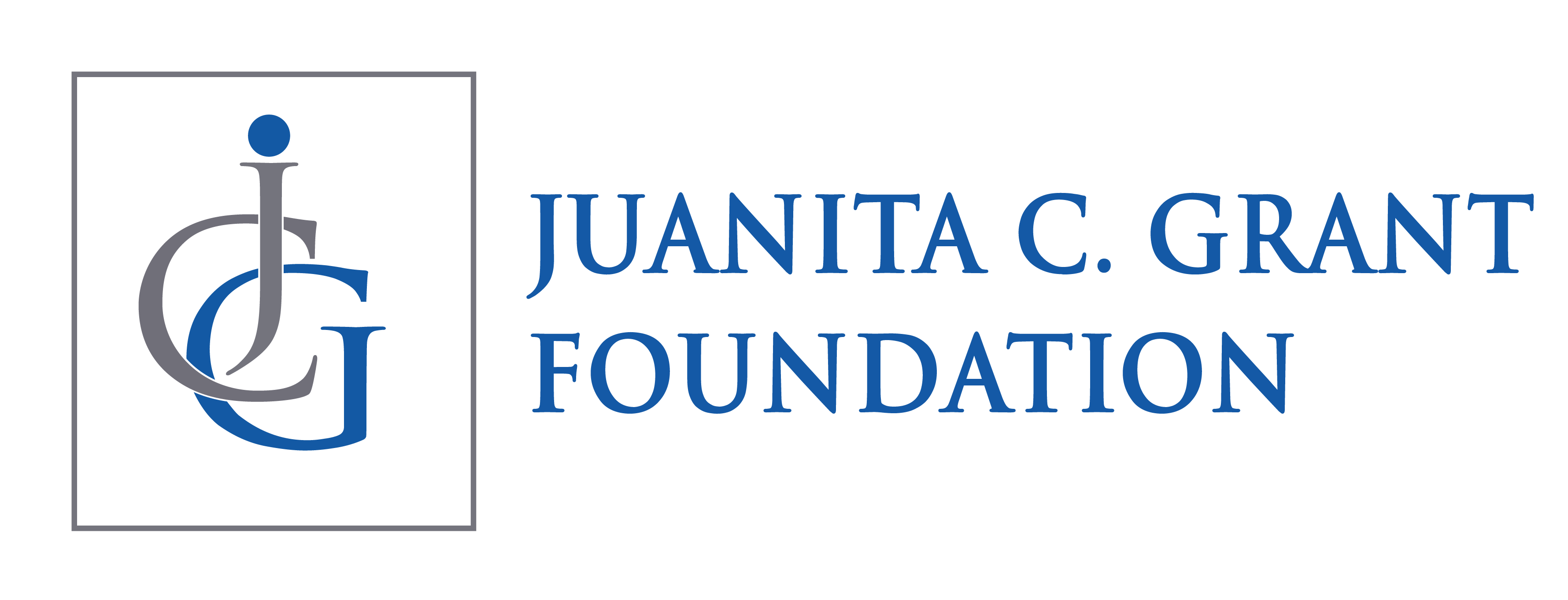It’s Complicated. Are you in or out?
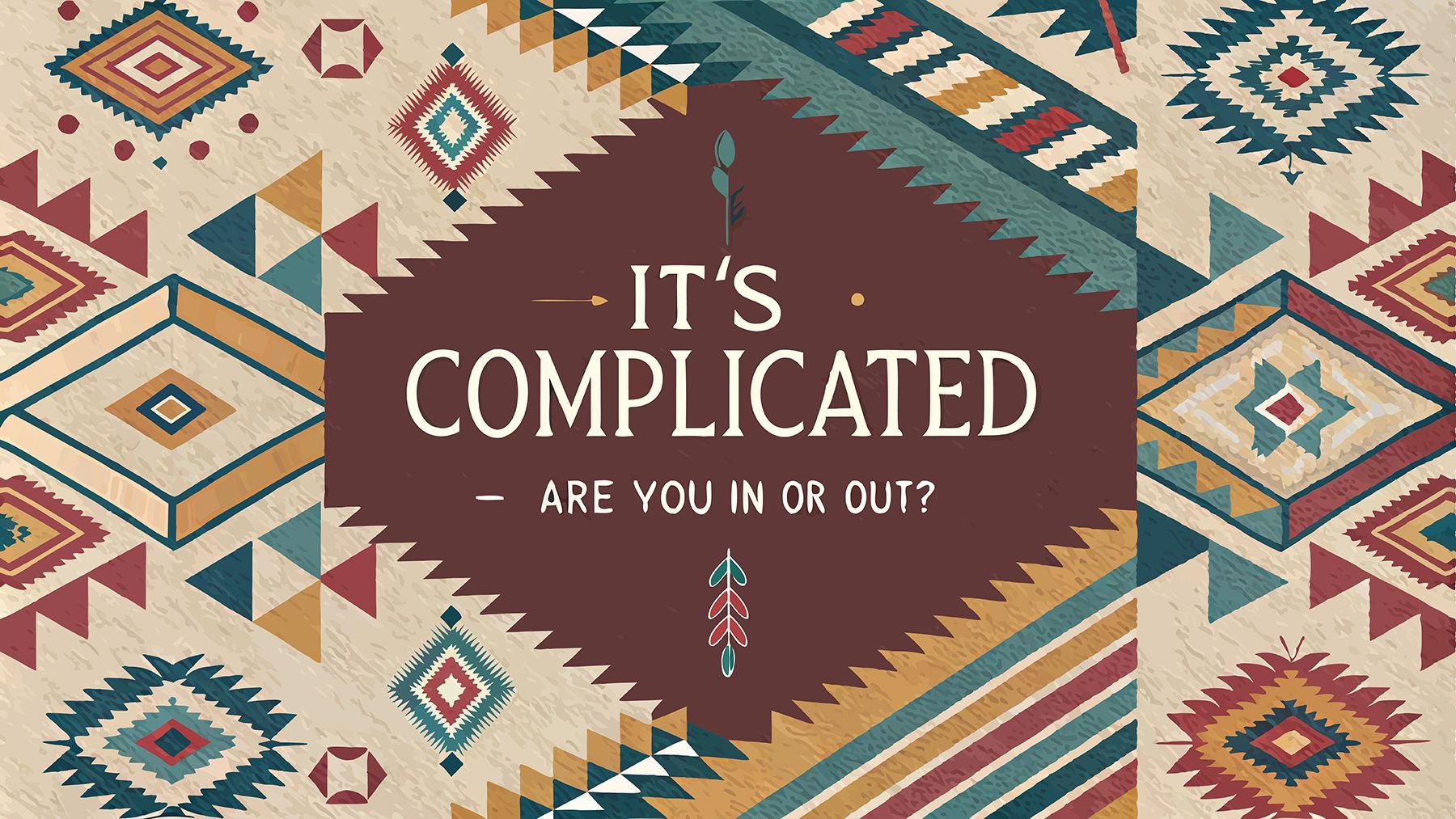
As a nation, we have a complicated history. We have an ongoing negotiation about who everyone can be as a society. Indigenous Peoples refers to a group of Indigenous peoples with a shared national identity, such as "Navajo," and is the equivalent of saying "the American people." Native American and American Indian are terms used to refer to people living within what is now the United States prior to European contact. The celebration of the history, culture, and traditions of Native Americans gained official national recognition when President George H.W. Bush dedicated the entire month of November as National American Indian Heritage Month in 1990.
In 2008, the state of Maryland decreed the fourth Friday of November, the day following Thanksgiving, American Heritage Day. Renaming Columbus Day to Native American Day was celebrated in Prince George’s County for the first time on October 12, 2020. The land that became Prince George's County was occupied by First Americans for thousands of years before the first Europeans arrived. There is considerable archaeological evidence of Native American settlements along the Patuxent and Potomac Rivers. The state of Maryland acknowledges the Piscataway Indian Nation, the Piscataway Conoy Tribe, and the Accohannock Indian Tribe. In 2012, the Piscataway Indian Nation was officially recognized by the State of Maryland but not recognized by the Federal government.
According to 2023 census data, a small percentage of older adults (over 65) living in Prince George's County, Maryland, identify as Native American, representing less than 1% of the population in that age group. Are their needs being served or met? Maryland Commission on Indian Affairs was inaugurated in 1974 as part of the Commission on African American and Indian History and Culture. Its purpose was to assist state, local, and private agencies in providing resources to address the educational, social, and economic needs of Native American communities in Maryland. Fifty years later, in 2024, how do they identify and provide recommendations on unmet social and economic needs of Native American communities in Maryland? Bring awareness and support for the First Americans' physical and mental health? Do they promote economic development through community initiatives that ensure the well-being of indigenous Marylanders? We must ask ourselves, are we committed to doing the necessary work to create a more inclusive state that leaves no one behind? If yes, then all must be answerable for accomplishing that intention.
Must Read Newsletter
Sign up for news and events
Newsletter
Most Popular

